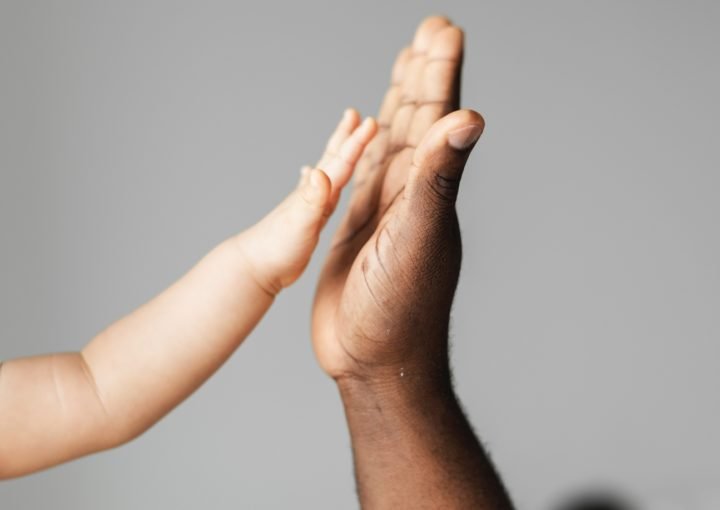Nordic morality: 7 ways to stay united
Question of the day: What keeps people united? We are all evangelists of unity, but what keeps the bonding going on? Or not?
In physics, bonding is about joining things securely by means of adhesive, heat, pressure or chemical bonds. Physics lesson over. No worries!
But here is the thing. How close is this scientific definition to our real human bonding? Unity alike?
Research and science have been trying to shed light on what keeps humans together. As individuals, groups (of all sorts) and societies. As a species too, we would add.
According to a recently published paper by Oliver Scott Curry, now Senior Researcher at Oxford’s Institute for Cognitive and Evolutionary Anthropology, it’s all about morality.
The moral rules govern our world (one way or another, to a smaller or greater degree). And they also keep us together.
How applicable is this to the Nordic societies that present a high degree of cohesion? And where there is an iron-strong sense of togetherness? Read on to find out!
 |
What is morality?
First things first, morality is actually what is considered wrong and what is considered right. What’s good and what’s bad.
Different people around the world have different ways of expressing or perceiving morality.
But if you examine such cases more thoroughly you realise that it is just about different perspectives and one moral rule that overlaps or prevails over another moral rule.
So, although it is hard to say that all people around the world think and feel the same about morality, the research identified 7 elements that seem to be valid (in one way or another) in every culture and with people from countries all around the world.
These are: family values, belonging to groups, trust and reciprocity, bravery, respect, equality, property protection. Now combine these with the Nordic values and you got it! There is a huge overlap.
And maybe the degree to which these are protected and promoted explains why Nordic societies are (seem) so united.

How the Nordic societies embrace the 7 universal moral rules
Although there might be different priorities between countries, these moral rules are dominant in Nordic societies:
1. family: the state supports the family in many ways. From free childcare and healthcare to parental leaves and care for the elderly. But it is also supported with a work-life balance so that people can have free time and feel free to allocate as much as they want to their family.
2. belonging: Nordic people are well-known for their love for joining all kinds of groups, clubs and associations. From sports and arts to ecology and volunteering. Oh yes, volunteering is really big in the Nordics. It’s their way of preserving the well-being of the whole society.
3. trust: this is perhaps the most dominant value. People trust other people in general (even strangers), not to mention they trust the institutions as well. Politicians and parties (much more than in other countries), the justice system, police, the government, even media. And all this is reciprocal. People trust others to do their part and in exchange, they do their part (like for example paying their sky-high taxes).
4. bravery: this often has to do with problem-solving, decision making and conflict management. Sometimes the situation requires brave measures and solutions and they do not hesitate to take such. Thinking out of the box helps with that.
5. respect: it’s about rights mainly. They respect diversity, whether it is about people or their opinions. Hence, their long tradition of freedom of speech, human rights and freedom of choice.
6. equality: all are equal and this moral rule is the extensions of the previous one. With respect comes equality. There is no reason to believe or act as if others are inferior, be it in social life, work or politics. Gender equality is what they take the most pride in.
7. property protection: have you heard of “allemansrätten”? The universal freedom to roam? It is the best example of this rule. You are free to enjoy nature and surroundings, wherever, whenever and in any way you wish. Your only obligation is to respect nature and other people’s properties.
Do all these make sense? We believe that these 7 values are the glue or the means of adhesive – per the physics definition above- that make our society bond and unite.
Our everyday actions should aim at protecting and promoting these values. That’s a brave step to a more balanced life and a better world for everyone.

